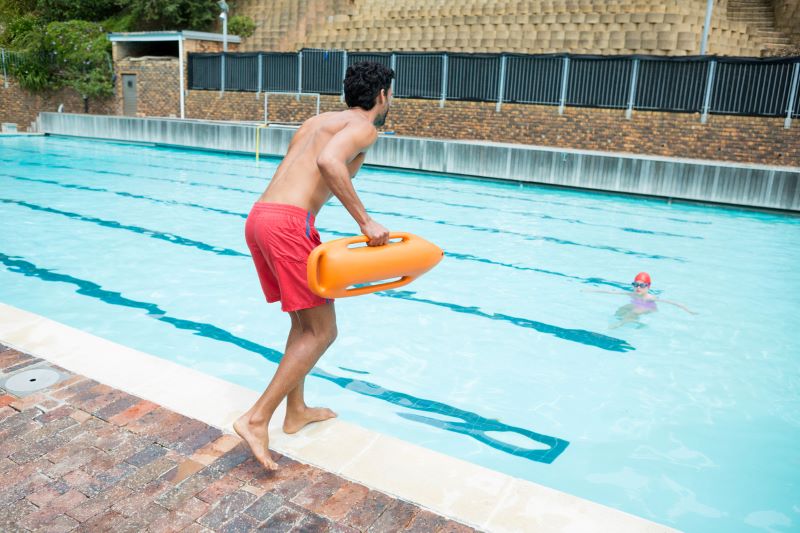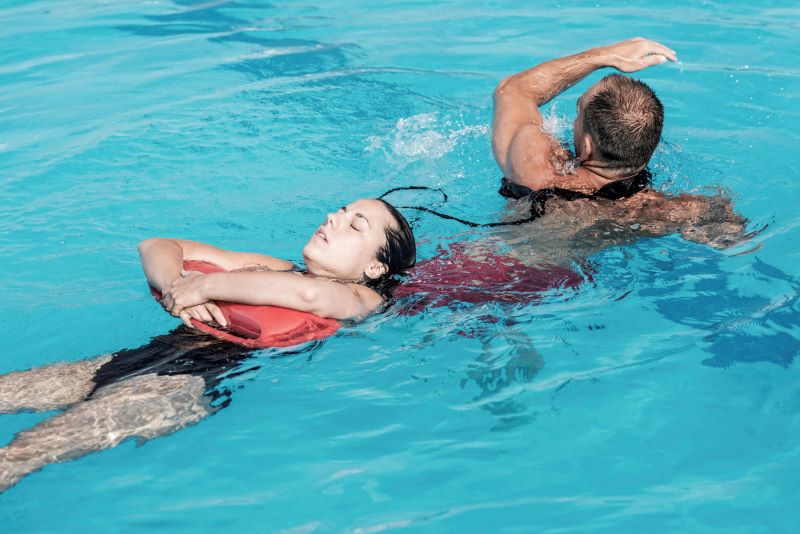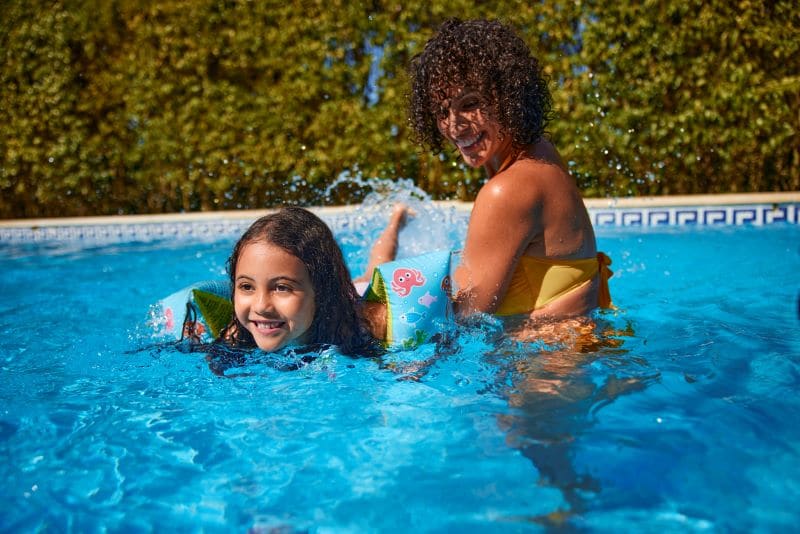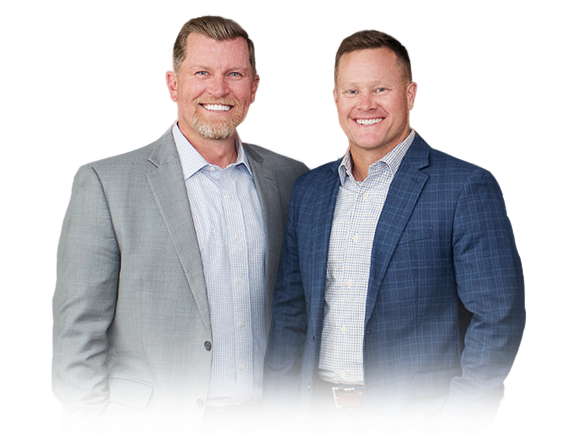Table of Contents
We Are Here to Provide Help and Hope After Your Pool Accident
While fun during Utah’s hot summer months, pools come with many risks–slick footing, hard surfaces, open drains, and deep water. Because of this, 390 children drown each year and another 5,100 are injured around pool areas, the majority of whom are under the age of five. If you or someone you love has been injured or drowned as a result of a pool-related accident, there is help.
At Christensen & Hymas, we are here to help you and your family move beyond the accident to find hope and healing. While nothing can compensate for an injury or for the loss of a loved one, we can help you get the money you need to pay your medical expenses and begin rebuilding your life after an accident.
Free Consultation
Learn your Rights. Get Answers. Free.
What You Should Know About Utah Pool Laws
Every day in the United States, 10 people drown as a result of non-boating related accidents. The hardest and most tragic fact about these deaths is that all of them are preventable. That’s why we have made it our goal to help educate the community about safe practices in pool areas. It’s often the simplest steps that save lives. Whether using a public or private pool, there are both national and local Utah laws in place that help promote your safety while also outlining pool owners’ rights and responsibilities. These laws govern everything from day-to-day pool maintenance and safety regulations to wrongful death and accident cases. To learn more about Utah pool laws, click the link above.

Pool Accident and Drowning FAQs
Who is held responsible after a drowning? Where do most pool accidents occur? How can I protect my family against drowning? To learn the answer to these and many more pool accident questions, click here.
Pool Drowning Resources for You and Your Family
Trying to understand where to turn for help can be difficult, especially after the pain of an injury or grief of losing a loved one. You need help, but you may be worried about finding resources you can trust and depend on. That’s why we have compiled this list of trusted resources to help you and your family through this difficult time: click here.
Pool Accidents by the Numbers
Understanding where and how pool accidents occur is often the best way to prevent injuries in the future. For example, did you know that men are at a much higher risk of drowning than women? Men make up 80% of drown victims. Learn other surprising pool facts and stats by clicking here.

Most Common Causes of Drowning
The best way to prevent future deaths and injuries is by understanding where and how most water-related deaths and injuries occur. This knowledge can help us avoid these situations in the future. The most common causes of drowning are:
- Lack of swimming ability: A recent survey showed that nearly half of Americans (44%) don’t know basic water safety skills. Yet, people tend to overestimate their swimming abilities. Of those participating in the survey, 86% thought they knew how to swim just fine. Because of this tendency, it’s important to know your swimming level. When in doubt, underestimate your ability, because chances are, you will be right. It also helps to enroll your kids in swimming lessons at a young age to reduce their risk of drowning.
- Lack of fences or barriers: Children from 1 to 4 years old have the highest drowning rate. It’s important to not only keep your pool covered when it is not in use, but to also put up fences around the pool area. A four-sided pool fence versus just a three-sided property fence reduces a child’s risk of drowning by 83%.
- Lack of close supervision: Drowning happens quickly and often very quietly. Be sure to be aware of where your children are and to keep an eye on them if you are around a pool area, public or otherwise.
- Alcohol use: For teenagers and adults, alcohol use in involved in 70% of water recreation deaths. Alcohol impairs your judgement as well as your balance and coordination. In short, pools and alcohol just don’t mix.
- Unsafe behavior: Pools are fun for parties or a chance to get together with friends. But sometimes with that comes a tendency to show off or prove ourselves. When mixed with people’s tendency to overestimate their swimming abilities and the tough concrete of pools, this often has disastrous consequences. If you have a pool, be sure to set strict safety rules for your family and friends. Also, set a good example of having fun without feeling the need to add risk.
Tips to Stay Safe in Pool Areas
Remember, it’s the simple steps or a few extra seconds that can save lives. Here are some of those simple tips that could make all the difference for you and your family.
- Supervise children around water
- Keep pool decks clean and clear of toys
- Use the buddy system. Never swim alone
- Use life jackets, not kids floatie devices
- Know how to swim
- Don’t dive or jump from high places
- Learn CPR
- Avoid Alcohol
- Be smart and know your limits







